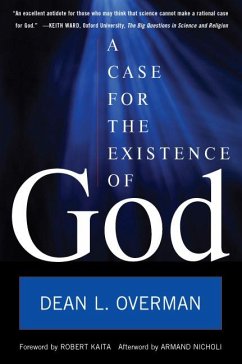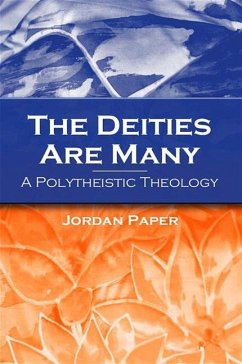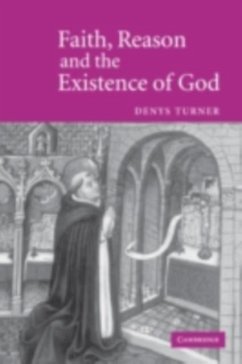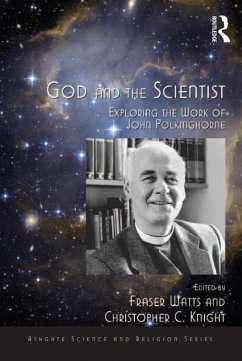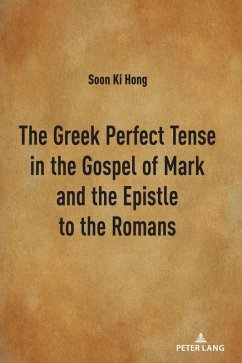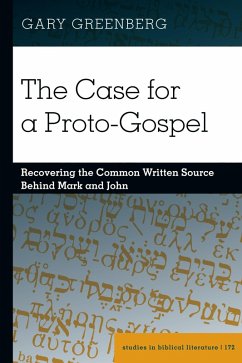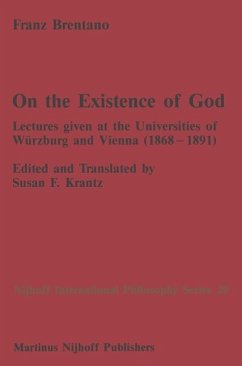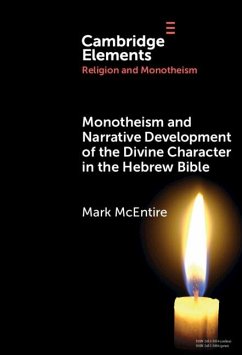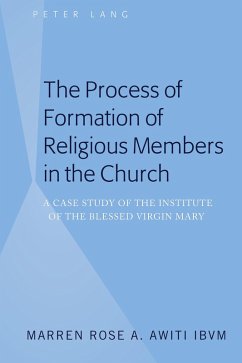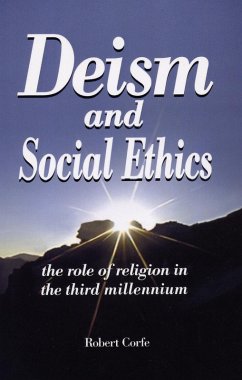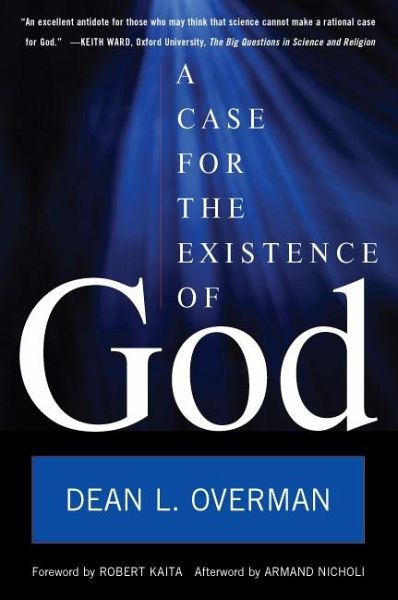
Case for the Existence of God (eBook, PDF)
Versandkostenfrei!
Sofort per Download lieferbar
11,95 €
inkl. MwSt.
Weitere Ausgaben:

PAYBACK Punkte
6 °P sammeln!
Some of the brightest scientific minds of our time, from Albert Einstein to Stephen Hawking, have made incredible insights into the earliest origins of the universe, but have failed to ultimately discover why there is something rather than nothing-why we exist. In A Case for the Existence of God, Dean L. Overman examines the latest theories about the origins of the universe and explains why even the most sophisticated science can only take us so far. Ultimately we must make a leap of faith to understand the world, and Overman argues that a leap into theism provides the most satisfying conclusi...
Some of the brightest scientific minds of our time, from Albert Einstein to Stephen Hawking, have made incredible insights into the earliest origins of the universe, but have failed to ultimately discover why there is something rather than nothing-why we exist. In A Case for the Existence of God, Dean L. Overman examines the latest theories about the origins of the universe and explains why even the most sophisticated science can only take us so far. Ultimately we must make a leap of faith to understand the world, and Overman argues that a leap into theism provides the most satisfying conclusions. Overman explores fundamental questions about why our world exists and how it functions, using principles of logic, physics, and theology. In a time when religion and science are often portrayed as diametrically opposed, A Case for the Existence of God presents a refreshing view of the interplay between science and religion and makes a compelling case for the existence of God and his role in our world.
Dieser Download kann aus rechtlichen Gründen nur mit Rechnungsadresse in A, B, BG, CY, CZ, D, DK, EW, E, FIN, F, GR, HR, H, IRL, I, LT, L, LR, M, NL, PL, P, R, S, SLO, SK ausgeliefert werden.




